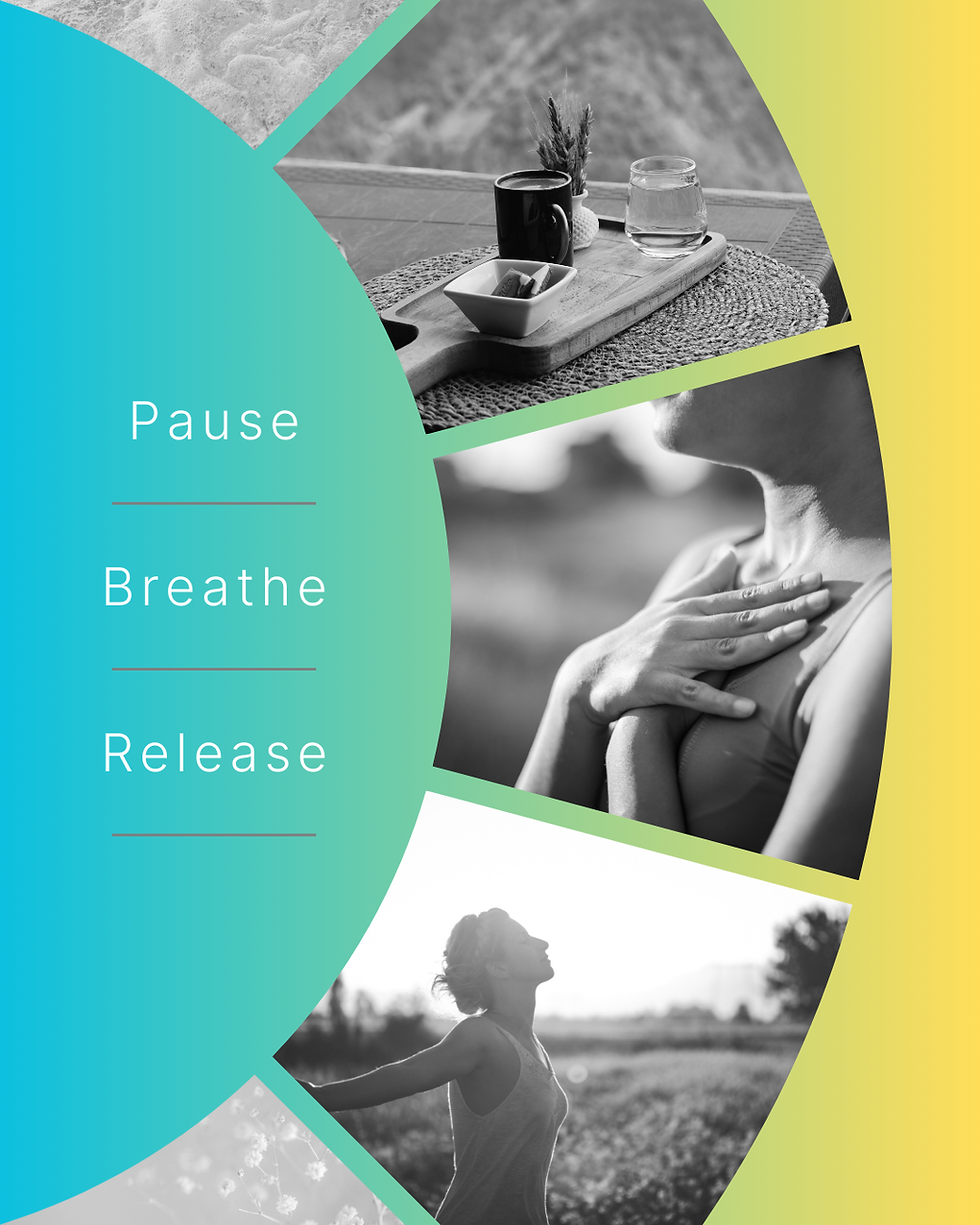Harnessing the Power of Mindfulness for Well-being
- Jennifer Heard
- Mar 7, 2024
- 3 min read

Stress has become a prevalent aspect of daily life, affecting our physical, mental, and emotional well-being. Chronic stress, if left unchecked, can contribute to a host of health problems, including cardiovascular disease, weakened immune function, and mental health disorders. Mindfulness-based stress reduction techniques offer hope in the form of a holistic approach to managing stress while promoting overall well-being.
The Impact of Chronic Stress on Health
Chronic stress takes a toll on the body and mind, leading to a cascade of physiological and psychological responses. When we're under constant stress, our bodies remain in a state of heightened arousal, releasing stress hormones like cortisol and adrenaline. Over time, this can dysregulate our immune system, increase inflammation, and elevate blood pressure, putting us at risk for a wide range of health problems.

It's important to recognize that chronic anxiety and low-level depression often stem from chronic stress. When stress isn't properly addressed, it can lead to increased feelings of anxiety and depression on a daily basis. Taking steps to manage stress can significantly improve your mental well-being and overall quality of life.
Harnessing the Power of Mindfulness for Stress Management
Mindfulness, rooted in ancient contemplative traditions, offers a practical and evidence-based approach to managing stress. At its core, mindfulness involves paying deliberate attention to the present moment with an attitude of openness, curiosity, and acceptance. By cultivating a non-judgmental awareness of our thoughts, feelings, and bodily sensations, we can interrupt the cycle of stress reactivity and cultivate resilience in the face of life's challenges.
Mindfulness-Based Stress Reduction Techniques
1. Mindful Breathing
Mindful breathing involves taking a few moments to focus on your breath. Pay attention to the sensations of each inhale and exhale, letting your breath connect you to the present moment. Deep, diaphragmatic breathing can trigger the body's relaxation response, helping to counteract the physical impacts of stress.
2. Body Scan Meditation
Begin by finding a comfortable position and taking a few deep breaths to center yourself. Start the body scan meditation by focusing on your toes, then slowly work your way up through each part of your body, noticing any tension or discomfort along the way. Remember to breathe deeply and let go of any judgment as you allow these areas to relax and release with each breath. Many people find it helpful to give each sensation a one-word description such as “tickle”, “itch”, “tightness”, “pain” etc. then use the exhale to release the sensation and move onto the next body part.

3. Mindful Movement Practices
Engage in gentle movement practices such as yoga, tai chi, or qigong to promote mindfulness. Focus on the sensations in your body during movement, turning it into a meditative experience.
4. Mindful Eating
When practicing mindful eating, it's essential to slow down and truly appreciate each bite you take during meals. Take the time to notice the flavors, textures, and smells of the food in front of you, allowing yourself to fully engage in the experience of eating. By bringing your complete attention to the act of eating, you not only nourish your body but also provide a sense of calm and relaxation for your mind.
5. Mindfulness Meditation
To practice mindfulness meditation, allocate a specific time daily for formal practice. Sit comfortably, close your eyes, and focus on the present moment, such as your breath, body sensations, or surrounding sounds. Begin with just five minutes and increase time as you become more and more comfortable with the practice.
Embracing Mindful Living for Lasting Well-being
Incorporating mindfulness-based stress reduction techniques into your daily life can empower you to navigate stress with greater ease and resilience. By cultivating a mindful awareness of the present moment, you can break free from the grip of chronic stress and reclaim a sense of balance and vitality.
Remember, the path to stress management begins with a single breath. Take a moment to pause, breathe, and reconnect with the richness of the present moment. In doing so, you'll discover the profound healing potential of mindfulness in your life.



Comments